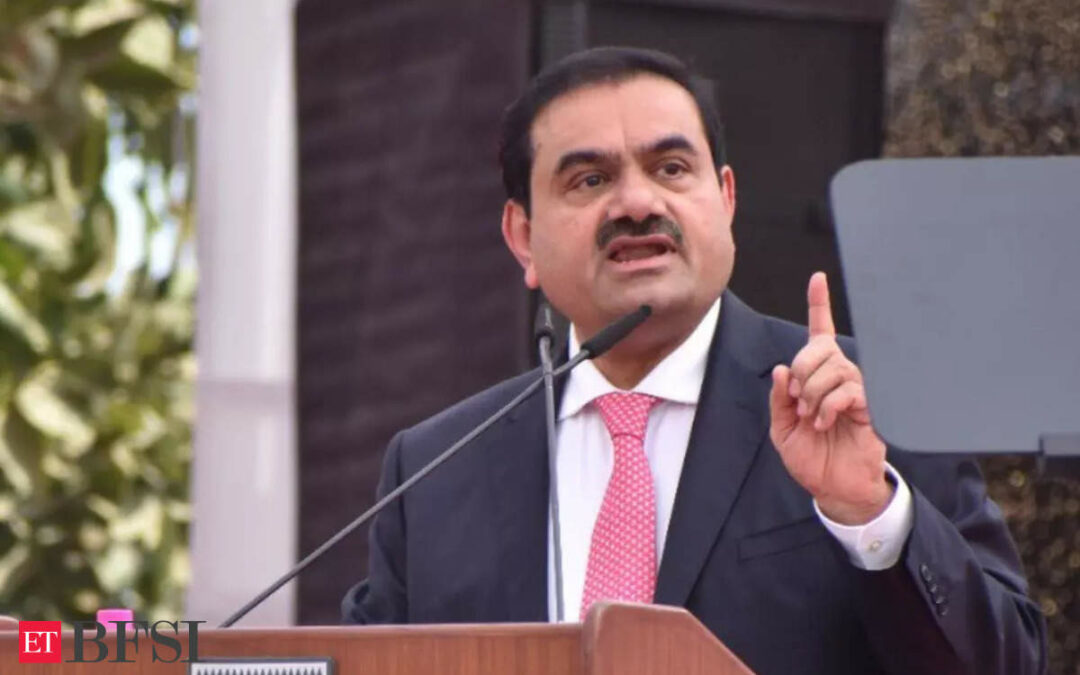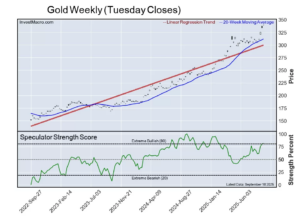The Adani Group has achieved significant balance sheet improvement, with its gross debt-equity ratio falling to a 15-year low of 1.12 at the end of September 2024, down from 2.12 in FY22. This reduction reflects the group’s focus on deleveraging, supported by higher profits and an expanded net worth.
Among individual companies, Adani Power has improved its financial position, reducing its debt-equity ratio from 4 in FY21 to 0.7 in H1FY25. However, Adani Enterprises, Adani Energy Solutions, and Adani Green Energy remain leveraged, with debt-equity ratios of 1.92, 1.86, and 6.4, respectively. These companies may need to raise equity to strengthen their balance sheets and reduce leverage.
The group’s combined gross debt increased by 17.1% year-on-year to Rs 2.8 trillion as of September 2024, while its net worth rose 31.5% year-on-year to Rs 2.5 trillion. Since FY21, the group’s borrowing has grown at a compound annual growth rate (CAGR) of 17.1%, while its net worth expanded at a faster pace of 39.8%.
Improved profitability
Improved profitability has been a key factor, with the group’s net profits nearly quadrupling from Rs 10,096 crore in FY21 to Rs 39,675 crore in FY24. During the same period, revenue growth and improved margins drove a 30.4% CAGR increase in net sales, from Rs 1.3 trillion to Rs 2.89 trillion.
However, the group faced challenges in the first half of FY25, with net profits falling 12.3% year-on-year to Rs 20,357 crore, despite a 15.2% increase in net sales to Rs 1.55 trillion. The decline was driven by weaker performance in Adani Power, Ambuja Cement, and Adani Energy Solutions.
The acquisitions of Ambuja Cement and ACC in 2022 contributed significantly to deleveraging. These debt-free companies boosted the group’s net worth by 23% in FY23, accounting for 21% of total net worth in H1FY25.










